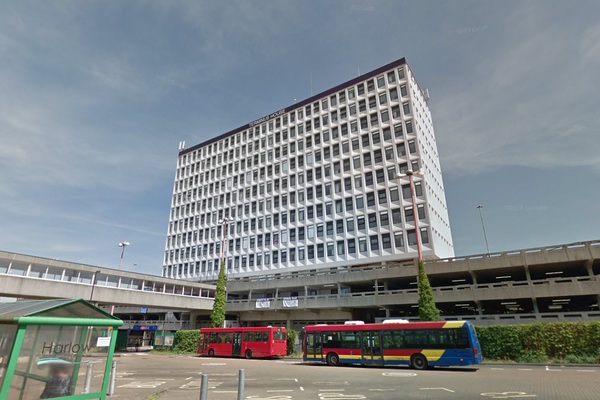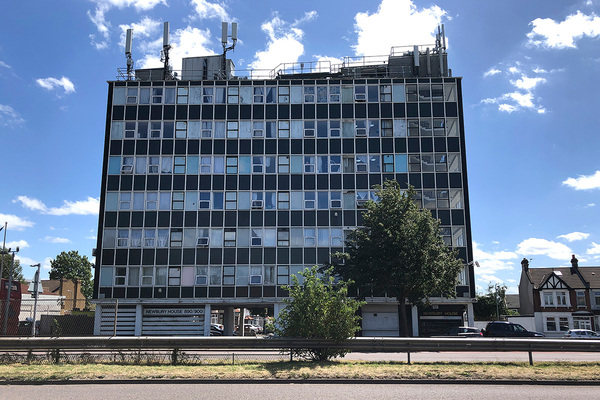You are viewing 1 of your 1 free articles
London councils warn over poor-quality homes as government embarks on permitted development drive
A group of 22 London councils have written to the housing secretary to express concerns that expanding permitted development rights will lead to poor-quality housing and reduce local authority incomes.

The councils warned that the government’s new plans to remove the need for planning permission for converting commercial buildings into residential properties, and demolishing and rebuilding redundant residential and commercial blocks as homes, would produce “sub-standard, undersized homes”.
It comes as government today laid before parliament the new measures which it said will “reduce pressure to build on greenfield sites and deliver more homes that fit the character of their local area, without the red tape”.
The expansion of permitted development rights form part of prime minister Boris Johnson’s ‘Project Speed’, aimed at getting England’s economy back up and running post-COVID-19. But Inside Housing has spoken to a number of housing figures who have raised questions about the impact this will have on quality and affordable housing numbers.
In a letter to housing secretary Robert Jenrick, the group of London councils said: “Rather than help the recovery from the pandemic, introducing potentially poor-quality and poorly located homes into commercial areas is liable to make these locations less attractive to businesses in a time they need help to increase their attractiveness.
“Housing is not a compatible neighbour to many town centre food, drink and entertainment businesses. Rather than help our high street recover, it will damage their vibrancy.”
The local authorities warned that “light touch” permitted development rights and approval processes will reduce councils’ income without significant reductions in workload.
They also claimed that expanding permitted development rights is contrary to the housing secretary’s Building Better, Building Beautiful Commission, which aims to make “beautiful, high-quality homes” the norm in Britain.
“Allowing demolition through permitted development rights without any assessment of the carbon impact will hamper councils in their efforts to make development more sustainable and promote a circular economy, and be counter productive in the shift to zero-carbon development,” the authorities said.
The rules, laid before parliament today and coming into effect in September, will deliver more high-quality homes and greener communities, the government said.
Introducing the legislation, Mr Jenrick said: “We are reforming the planning system and cutting out unnecessary bureaucracy to give small business owners the freedom they need to adapt and evolve, and to renew our town centres with new enterprises and more housing.
“These changes will help transform boarded-up, unused buildings safely into high-quality homes at the heart of their communities. It will mean that families can add up to two storeys to their home, providing much-needed additional space for children or elderly relatives as their household grows.”
Pubs, libraries, village shops and other buildings essential to communities will not be covered by these flexibilities, according to government.











